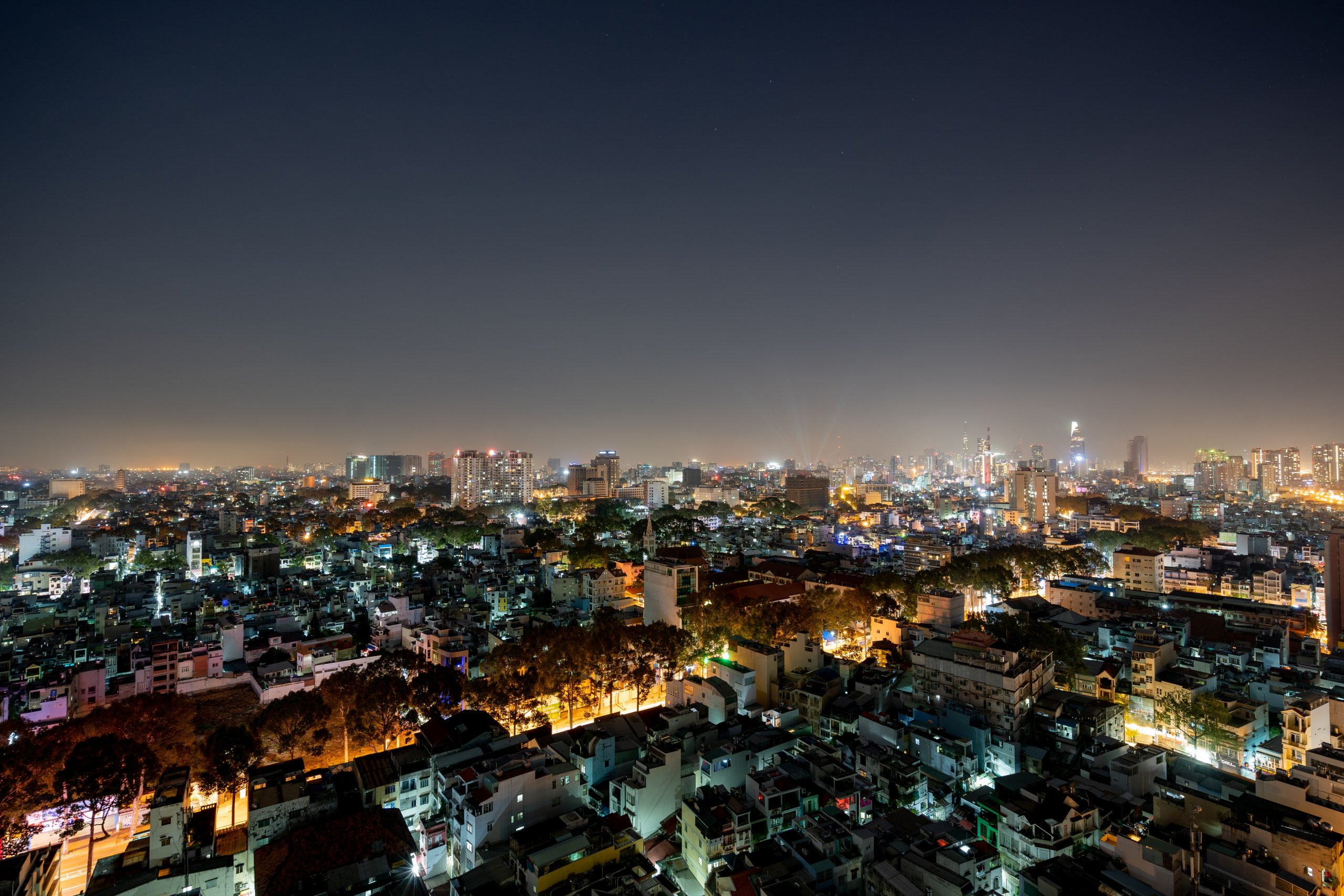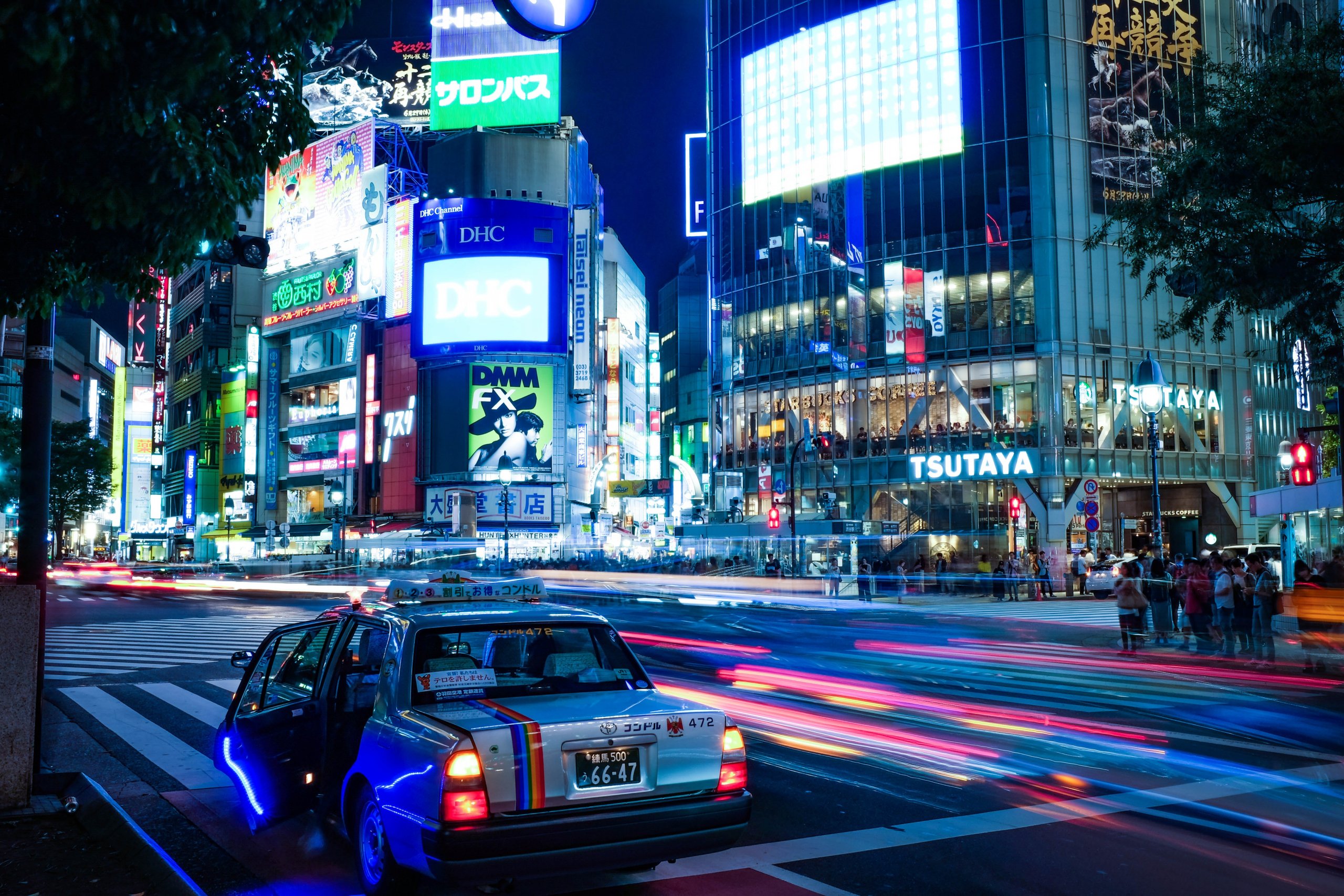Light Pollution Renders Mankind And Nature No Place To Hide
Tags: opinion

We were able to see the magnificent natural light in the sky till 100 years back. Unfortunately, the present and forthcoming generations will not be able to witness our Milky Way and its starry spectacles. Artificial lights have transformed human lives. Consequently, the illumination has increased but it takes a massive toll on human and wildlife health. This has given rise to what we know today as light pollution.
In 1994, there was a mass power outage during night-time in Los Angeles due to an earthquake. Several citizens had reported the sighting of a mysterious cloud above. Later, it was known to be a band of our Milky Way. The widespread use of electric lights has obscured the natural lights of our home galaxy. Additionally, they have an adverse effect on nature, our health, and our energy supply.
The invention of light bulbs was a revolutionary event in human history. Artificial light successfully manages to veil and overpower the natural light derived from the galaxy. Moreover, humans are no longer slaves to the movement of planetary bodies. Also, they are much safer from any harm in the dark.
However, light bulbs come with their own dark side. They have taken away the revelation of the spectacular starry night-time from us. Despite numerous advantages, it has become enormously detrimental to human civilization. It poses to be a huge danger to the environment.
Read STARTLED BY FIREWORKS, HOPE THE ZEBRA DEAD IN UK ZOO
The Cause And Effect Of Light Pollution
Most people are aware of water, air, and land pollution. Nonetheless, light pollution is one of the more obscure yet prevalent pollutants on this planet. Likewise, the excessive and inappropriate use of electric light causes light pollution. It can lead to severe environmental concerns for our climate, wildlife, and human beings. A few kinds of light pollution are:
a: Skyglow – enhancing the sky at night-time in the inhabited areas
b: Glare – undue brightness that leads to visual discomfort
c: Clutter – excessive and confusing groups of lighting
d: Light trespass – unnecessary lighting in unintended areas

Some major sources of light pollution include floodlit sporting venues, streetlights, factories, offices, commercial places, advertising, indoor and outdoor lighting. For instance, most of the outdoor lighting is extremely bright, inefficient, improperly shielded, poorly targeted, and totally unnecessary. The electricity and the light are supposed to illumine the intended areas and objects required to be clearly visible in the dark. The light turns into waste and creates pollution in the environment.
Amanda Gormley works in a Tuscan-based Association named International Dark-Sky. She has informed us that the night sky is rapidly disappearing. As a result, the world will become increasingly fast-paced. Consequently, humans will lose access to the astounding night that is an important part of nature. Additionally, we will lose the sense of tranquillity and awe for the planetary bodies and larger nature.
Read UPGRADING YOUR PHONE EVERY YEAR IS NOT GOOD FOR THE PLANET
The Adversities Of Light Pollution
Most of the population on this planet is currently residing in light-polluted places. Therefore, lighting is a huge international concern. The people that live in urban and suburban areas mostly suffer from light pollution. They are never able to see the stars shining upon them when they look up towards the sky.
The ground-breaking research outcome of the Artificial Night-Sky Brightness by World Atlas was conducted in 2016. The study showed that 80% of the human population live beneath the skyglow. Additionally, 99% of the American and European population are unable to experience the natural night. NASA has provided a navigator called Blue Marble that provides a top view of the artificial lights in your area.
The ecosystem is severely endangered by the excess light dumped by us in the environment. It causes a lot of harm to wildlife that depends on darkness. Light pollution changes the biochemical measure that usually fluctuates with the natural light patterns. Consequently, we are also threatening ourselves.
Our ancestors narrated many stories about the harvesting patterns and the secrets of the cosmos after sunset. In other words, we have lost touch with the primal night-time skies. The people in the earlier days deduced several significant movements and did most of their work based on natural lighting. Nonetheless, our activities rely on the light provided by electricity.
Several conservation groups, regulatory agencies, and activists are constantly asking for a solution to light pollution. Some areas have witnessed considerable improvements with cheaper and energy-efficient lighting devices.
The Replacement And Remedy Of Excessive Artificial Light
The Earth functioned according to the rhythm of light and dark created by the movements of the Sun, the Moon, and the stars for 3 billion years. Nevertheless, artificial lights have overpowered and disrupted the natural pattern and balance of our planet. Some major negative impacts of light pollution are:
i: Increased energy consumption
ii: Disruption of ecosystem
iii: Adverse effect on human health
The epicenter of big cities that are at the zenith of excessive lighting can spread out to 40 miles around. Many people are opting for brighter and cheaper alternatives to conventional incandescent lighting indoors. LEDs and light-emitting diodes are being increasingly used for outdoor lighting as well. This is dramatically bringing down the energy consumption on an individual and collective level.
Other light-saving techniques include:
a: compact fluorescents
b: motion sensors, timers, and dimmers
c: using shields to minimize light trespass and glares
d: faint red lights during night-time
e: turning off indoor lights at night
f: using drapes and black-out curtains to decrease bird collisions
The good aspect of light pollution is that it can be reduced with correct effort and measures. Therefore, we must make a collective effort towards reducing light pollution.
Leave Comment: